45 kubernetes well known labels
kubernetes.io › docs › conceptsConcepts | Kubernetes The Concepts section helps you learn about the parts of the Kubernetes system and the abstractions Kubernetes uses to represent your cluster, and helps you obtain a deeper understanding of how Kubernetes works. The Guide to Kubernetes Labels Some of the most popular recommended Kubernetes labels are listed below. 4. Create Organization-Wide Label Naming Conventions It is important to have label conventions that are followed strictly across the organization. All teams that use Kubernetes resources should follow the same clearly defined naming conventions.
Kubernetes labels: 11 things to know - Linux.com Using Kubernetes labels effectively requires an understanding of tagging methods, labeling use cases, best practices, and things you definitely want to avoid. Read More at Enable Sysadmin. Previous article Sysadmins in 2022: 3 ways to advance your career.
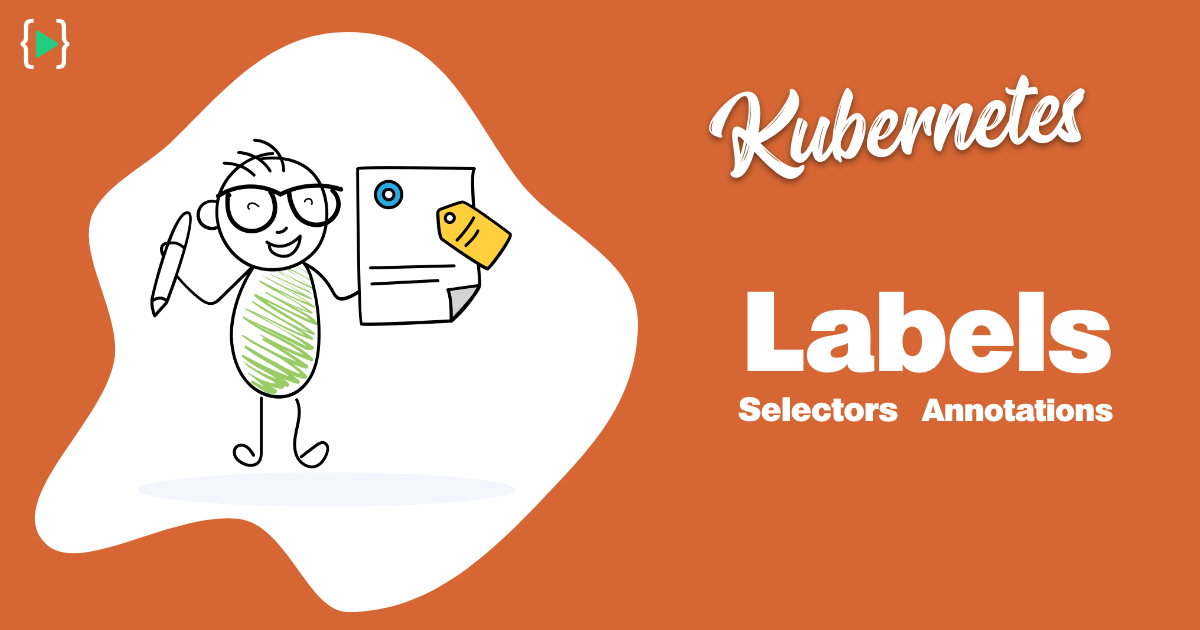
Kubernetes well known labels
cloud.google.com › kubernetes-engine › docsGKE release notes | Google Kubernetes Engine (GKE ... Jul 27, 2017 · This page documents production updates to Google Kubernetes Engine (GKE). You can periodically check this page for announcements about new or updated features, bug fixes, known issues, and deprecated functionality. Kubernetes labels, selectors & annotations with examples Annotations. Assigning a label to a Deployment. Method-1: Assign labels while creating a new object. Method-2: Assign a new label to existing pod runtime as a patch. Method-3: Assign a new label to existing deployments runtime using kubectl. Using labels to list resource objects. Using selector to list resource objects. Kubernetes Matchlabels - Linux Hint Within Kubernetes, labels are a key/value formatted piece of metadata linked to an object. Additional information about the thing relevant to the consumer or object is provided via labels. For example, a label can identify a node's hardware specifications or whether a workload is for production testing.
Kubernetes well known labels. kubernetes.io › docs › conceptsCustom Resources | Kubernetes Jun 30, 2017 · Custom resources are extensions of the Kubernetes API. This page discusses when to add a custom resource to your Kubernetes cluster and when to use a standalone service. It describes the two methods for adding custom resources and how to choose between them. Custom resources A resource is an endpoint in the Kubernetes API that stores a collection of API objects of a certain kind; for example ... kubernetes.io › docs › referenceWell-Known Labels, Annotations and Taints | Kubernetes Well-Known Labels, Annotations and Taints. Kubernetes reserves all labels and annotations in the kubernetes.io and k8s.io namespaces. This document serves both as a reference to the values and as a coordination point for assigning values. Labels, annotations and taints used on API objects app.kubernetes.io/component Use labels in an Azure Kubernetes Service (AKS) cluster Specify the --node-labels parameter to set your labels. Labels must be a key/value pair and have a valid syntax. Azure CLI az aks create \ --resource-group myResourceGroup \ --name myAKSCluster \ --node-count 2 \ --nodepool-labels dept=IT costcenter=9000 Verify the labels were set by running kubectl get nodes --show-labels. Bash Kubernetes Labels | Labels And Annotations In Kubernetes - K21Academy Labels in Kubernetes are intended to be used to specify identifying attributes of objects that are meaningful and relevant to users but are not used by the Kubernetes itself. Labels are fundamental qualities of the object that will be used for grouping, viewing, and operating. Each object can have a set of key/value labels defined.
api/well_known_labels.go at master · kubernetes/api · GitHub LabelHostname = "kubernetes.io/hostname" LabelTopologyZone = "topology.kubernetes.io/zone" LabelTopologyRegion = "topology.kubernetes.io/region" // These label have been deprecated since 1.17, but will be supported for // the foreseeable future, to accommodate things like long-lived PVs that // use them. kubernetes.io › docs › conceptsDaemonSet | Kubernetes Aug 31, 2022 · A DaemonSet ensures that all (or some) Nodes run a copy of a Pod. As nodes are added to the cluster, Pods are added to them. As nodes are removed from the cluster, those Pods are garbage collected. Deleting a DaemonSet will clean up the Pods it created. Some typical uses of a DaemonSet are: running a cluster storage daemon on every node running a logs collection daemon on every node running a ... kubernetes.io › docs › conceptsAssigning Pods to Nodes | Kubernetes Jul 17, 2022 · Any label selectors for Pod labels should specify the namespaces in which Kubernetes should look for those labels. You express the topology domain (X) using a topologyKey, which is the key for the node label that the system uses to denote the domain. For examples, see Well-Known Labels, Annotations and Taints. Labels · kubernetes/kubernetes · GitHub 202 labels. Categorizes an issue or PR as actively needing an API review. Indicates a PR has been approved by an approver from all required OWNERS files. Indicates an issue on admin area. Indicates an issue on api area. Issues or PRs that should potentially be discussed in a Kubernetes community meeting.
Recommended Labels | Kubernetes Recommended Labels You can visualize and manage Kubernetes objects with more tools than kubectl and the dashboard. A common set of labels allows tools to work interoperably, describing objects in a common manner that all tools can understand. Well-Known Labels, Annotations and Taints - k8ns Kubernetes reserves all labels and annotations in the kubernetes.io namespace. This document describes the well-known kubernetes.io labels and annotations. This document serves both as a reference to the values, and as a coordination point for assigning values. A Kubernetes Guide for Labels and Selectors | Datree.io By default, every Kubernetes Node comes with the following pre-populated labels: kubernetes.io/arch (e.g. kubernetes.io/arch=arm64) kubernetes.io/os (e.g. kubernetes.io/os=linux) kubernetes.io/hostname (e.g. kubernetes.io/hostname=ip-172-85-189-120.ec2.internal) node.kubernetes.io/instance-type (e.g. node.kubernetes.io/instance-type=m3.large) kubernetes/well_known_labels.go at master · kubernetes/kubernetes LabelInstanceType = "beta.kubernetes.io/instance-type" LabelInstanceTypeStable = "node.kubernetes.io/instance-type" LabelOSStable = "kubernetes.io/os" LabelArchStable = "kubernetes.io/arch" // LabelWindowsBuild is used on Windows nodes to specify the Windows build number starting with v1.17..
Downward API | Kubernetes A better option would be to use the Pod's name as an identifier, and inject the Pod's name into the well-known environment variable. In Kubernetes, there are two ways to expose Pod and container fields to a running container: as environment variables as files in a downwardAPI volume
Well-Known Labels, Annotations and Taints - Kubernetes Edit This Page. Well-Known Labels, Annotations and Taints. Kubernetes reserves all labels and annotations in the kubernetes.io namespace. This document serves both as a reference to the values, and as a coordination point for assigning values.
Labels and Selectors | Kubernetes The label selector is the core grouping primitive in Kubernetes. The API currently supports two types of selectors: equality-based and set-based . A label selector can be made of multiple requirements which are comma-separated. In the case of multiple requirements, all must be satisfied so the comma separator acts as a logical AND ( &&) operator.
Well-Known Labels, Annotations and Taints - Kubernetes Well-Known Labels, Annotations and Taints Kubernetes reserves all labels and annotations in the kubernetes.io namespace. This document serves both as a reference to the values and as a coordination point for assigning values. kubernetes.io/arch kubernetes.io/os beta.kubernetes.io/arch (deprecated) beta.kubernetes.io/os (deprecated)
Well-Known Labels, Annotations and Taints | Kubernetes Information v1.25 v1.24 v1.23 v1.22 v1.21 English Chinese 한국어 Korean Home Available Documentation Versions Getting started Learning environment Production environment Container runtimes Installing Kubernetes with deployment tools Bootstrapping clusters with kubeadm Installing kubeadm Troubleshooting kubeadm Creating cluster...
Labels annotations taints - Unofficial Kubernetes Docs ». Api reference ». Labels annotations taints. Kubernetes reserves all labels and annotations in the kubernetes.io namespace. This document describes the well-known kubernetes.io labels and annotations. This document serves both as a reference to the values, and as a coordination point for assigning values.
Well-Known Labels, Annotations and Taints - k8s | DeepKB Well-Known Labels, Annotations and Taints. Kubernetes reserves all labels and annotations in the kubernetes.io namespace. This document serves both as a reference to the values and as a coordination point for assigning values. kubernetes.io/arch; kubernetes.io/os; beta.kubernetes.io/arch (deprecated) beta.kubernetes.io/os (deprecated ...
kubelet/well_known_labels.go at master · kubernetes/kubelet LabelOS="beta.kubernetes.io/os" // LabelArch is a label to indicate the architecture of the node. // The Arch labels are promoted to GA in 1.14. kubelet applies GA labels and stop applying the beta Arch labels in Kubernetes 1.19. LabelArch="beta.kubernetes.io/arch" varkubeletLabels=sets.
kubernetes.io › docs › conceptsSecrets | Kubernetes Oct 08, 2022 · It stores tokens used to sign well-known ConfigMaps. A bootstrap token Secret is usually created in the kube-system namespace and named in the form bootstrap-token- where is a 6 character string of the token ID. As a Kubernetes manifest, a bootstrap token Secret might look like the following:
Well-Known Labels, Annotations and Taints - Kubernetes Edit This Page. Well-Known Labels, Annotations and Taints. Kubernetes reserves all labels and annotations in the kubernetes.io namespace. This document serves both as a reference to the values and as a coordination point for assigning values.
Learn Kubernetes Labels By Following Examples | Densify The Kubernetes labels are displayed as an additional column in the output: $ kubectl get pods --show-labels NAME READY STATUS RESTARTS AGE LABELS labelex 1/1 Running 0 71s env=develop Next, we can use the label subcommand to add another label to the pod. $ kubectl label pods labelex owner=ijaz pod/labelex labeled
Kubernetes Annotations and Labels: What's the Difference? What Are Labels in Kubernetes? Labels are used in conjunction with selectors to identify groups of related resources. Because selectors are used to query labels, this operation needs to be efficient. To ensure efficient queries, labels are constrained by RFC 1123. RFC 1123, among other constraints, restricts labels to a maximum 63 character length.
Best Practices Guide for Kubernetes Labels and Annotations The main advantage of this metadata is that the Kubernetes machinery automatically fills values of the standard labels and annotations. Thus, it is suggested to use the well-known labels and annotations in your daily operations and client tools, such as Helm, Terraform, or kubectl. Use Labels for Release Management
Kubernetes node and node pool management - Azure Architecture Center ... For other reserved prefixes, see Kubernetes well-known labels, annotations, and taints. The following table lists labels that are reserved for AKS use and can't be used for any node. In the table, the Virtual node usage column specifies whether the label is supported on virtual nodes. In the Virtual node usage column:
What is Kubernetes Labels? | Examples with Methods - EDUCBA So the valid label of the Kubernetes should have the below points in mind see below; 1) name segment should be 63-character long. 2) it cannot be empty 3) prefix is optional. 4) it should follow this regex while creating the label, ' [a-z0-9A-Z]' must be separated with the dot, underscore, and dash.
Kubernetes Matchlabels - Linux Hint Within Kubernetes, labels are a key/value formatted piece of metadata linked to an object. Additional information about the thing relevant to the consumer or object is provided via labels. For example, a label can identify a node's hardware specifications or whether a workload is for production testing.
Kubernetes labels, selectors & annotations with examples Annotations. Assigning a label to a Deployment. Method-1: Assign labels while creating a new object. Method-2: Assign a new label to existing pod runtime as a patch. Method-3: Assign a new label to existing deployments runtime using kubectl. Using labels to list resource objects. Using selector to list resource objects.
cloud.google.com › kubernetes-engine › docsGKE release notes | Google Kubernetes Engine (GKE ... Jul 27, 2017 · This page documents production updates to Google Kubernetes Engine (GKE). You can periodically check this page for announcements about new or updated features, bug fixes, known issues, and deprecated functionality.


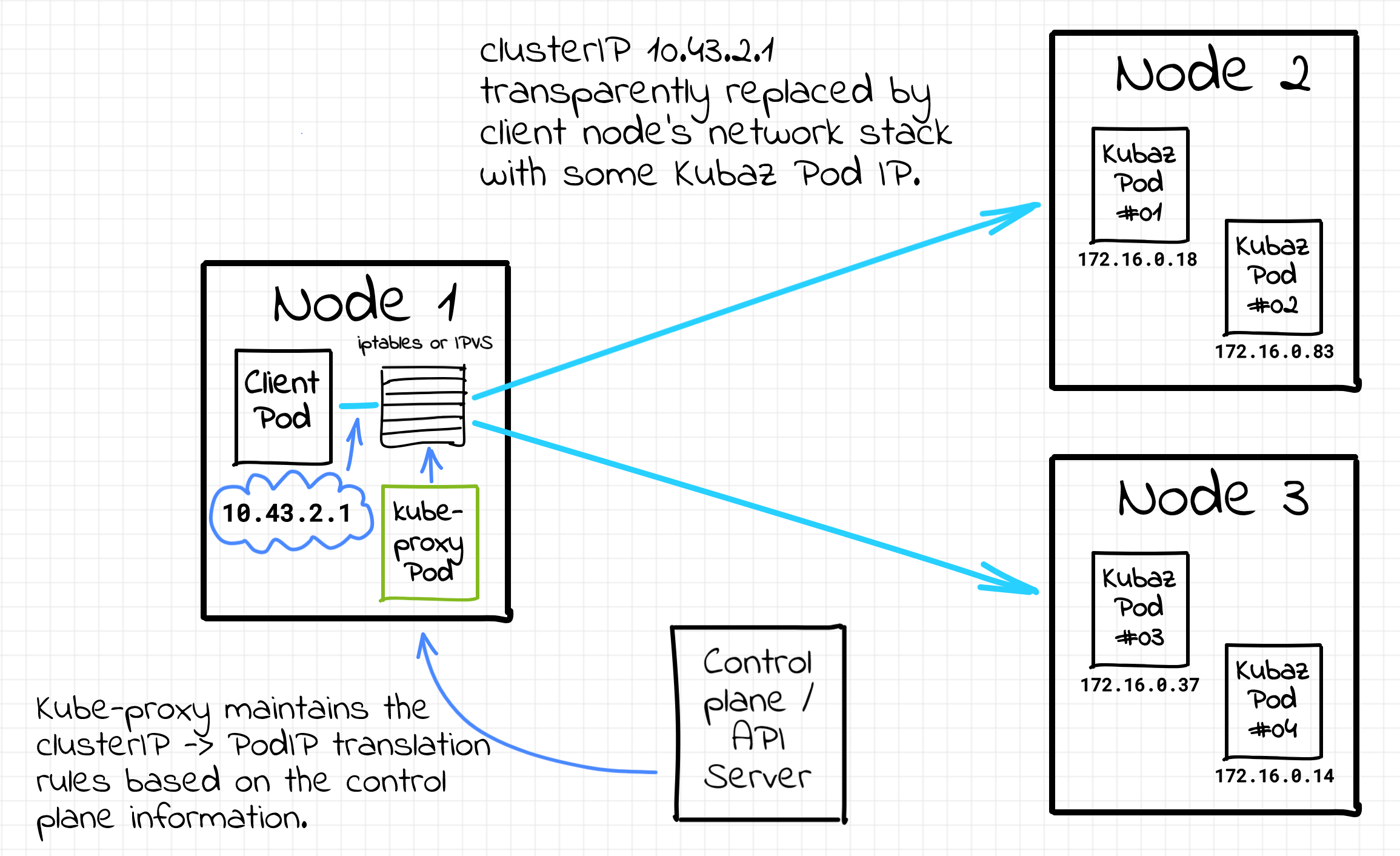


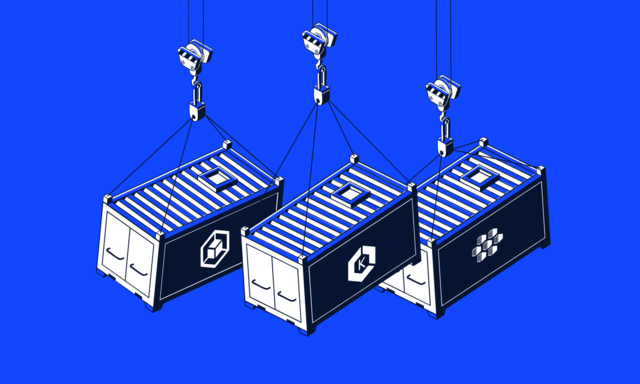
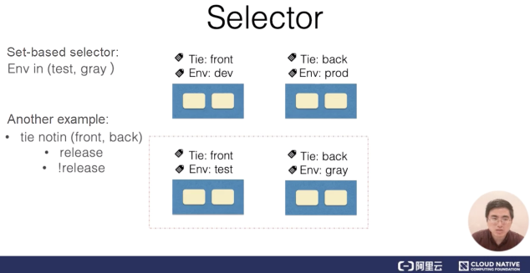

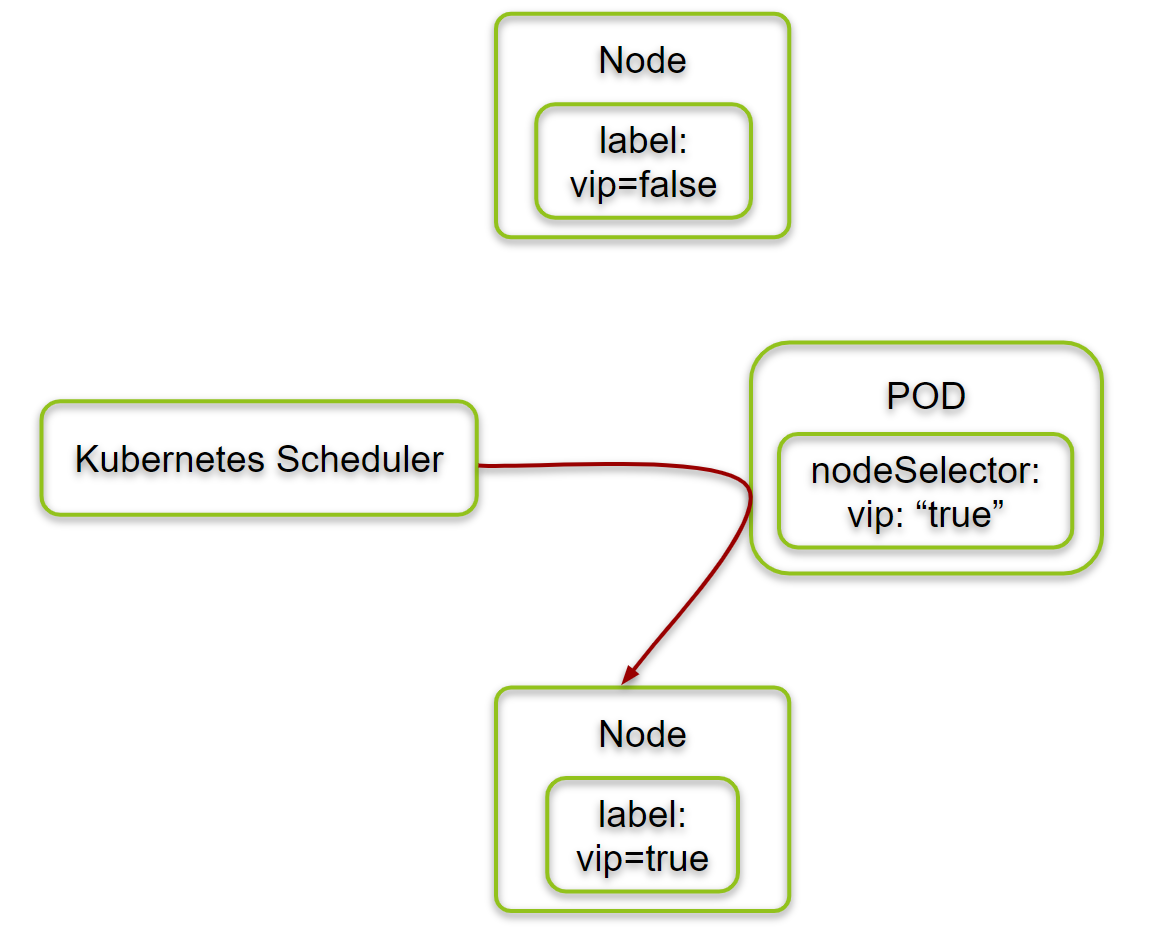
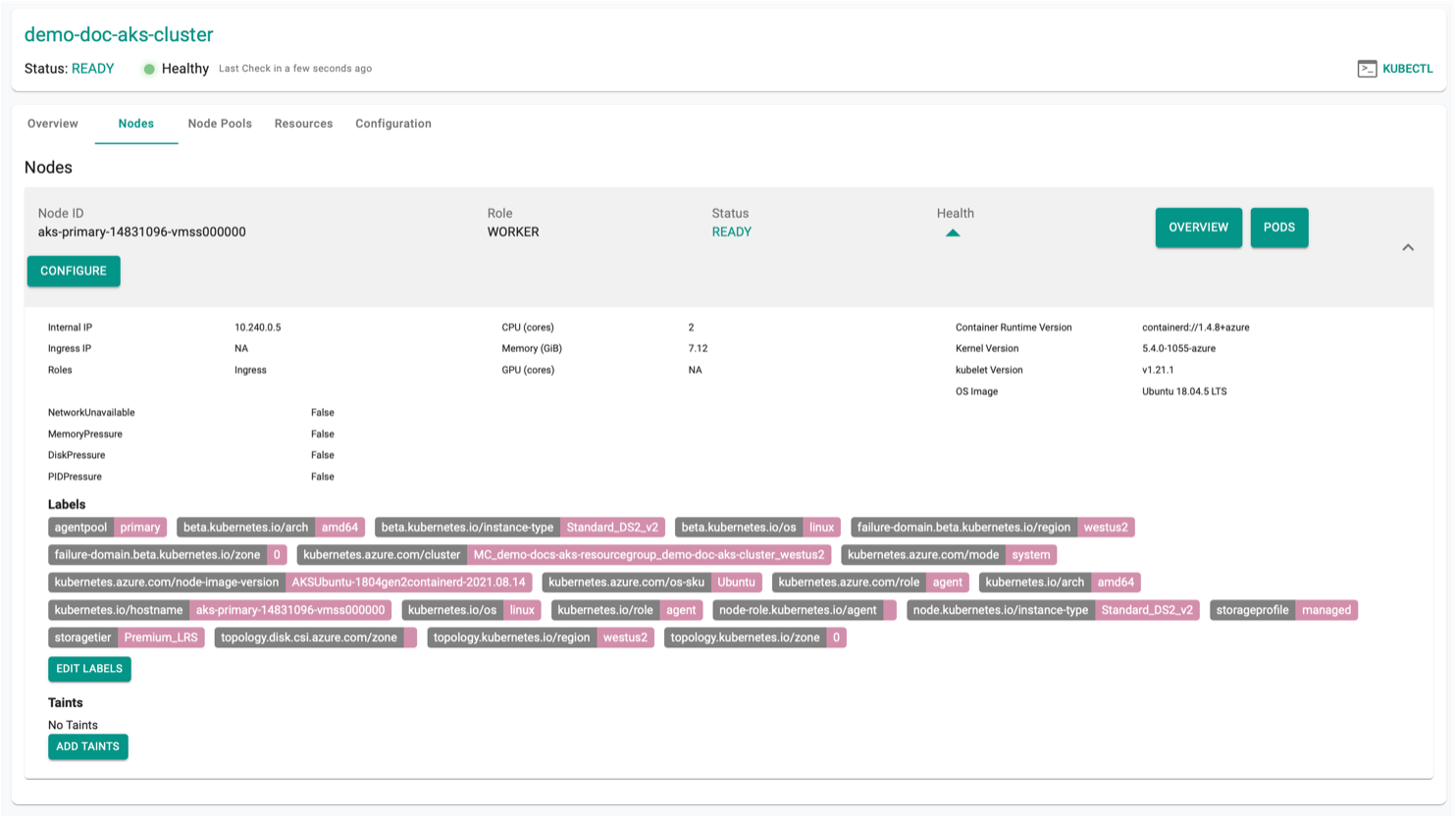
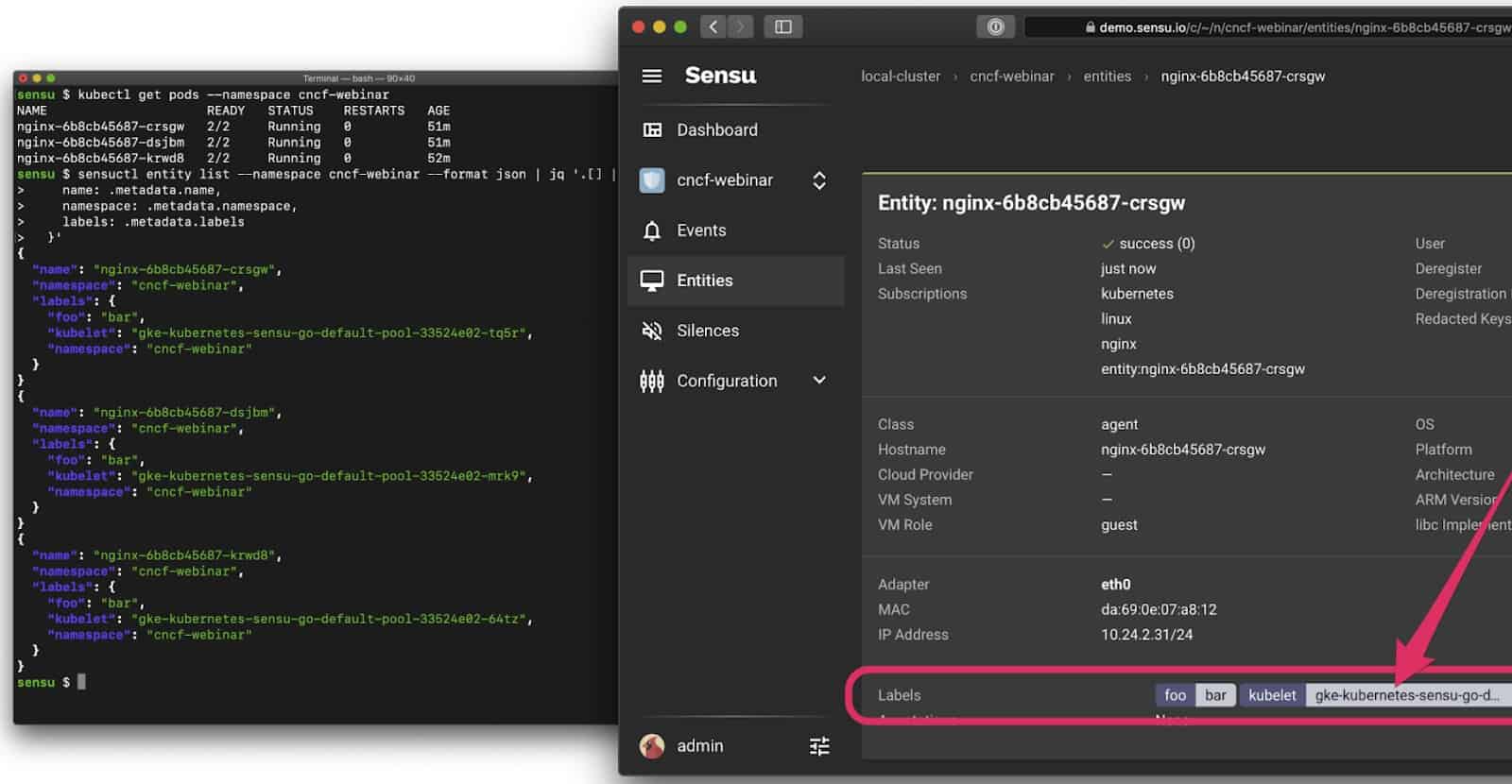

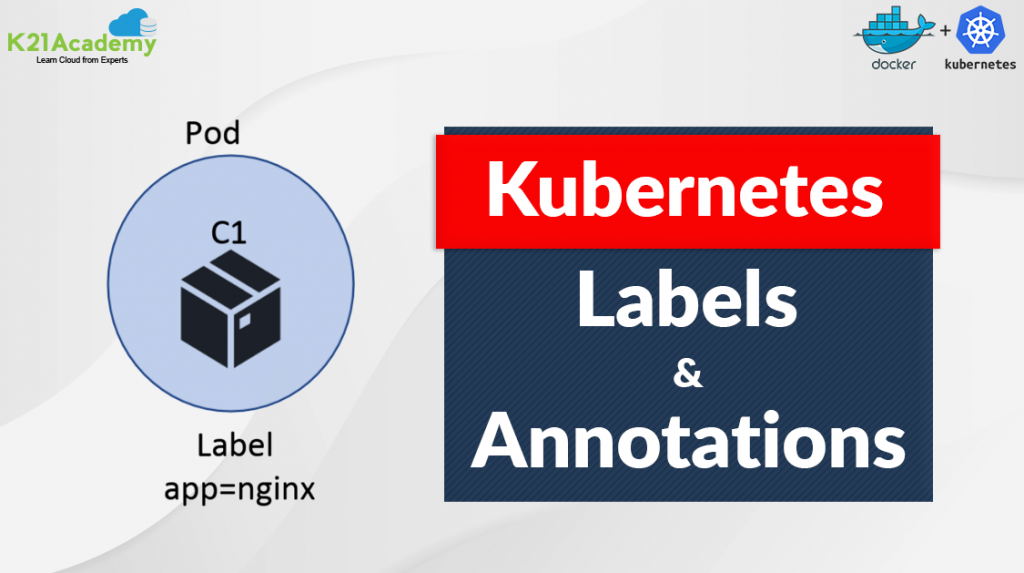
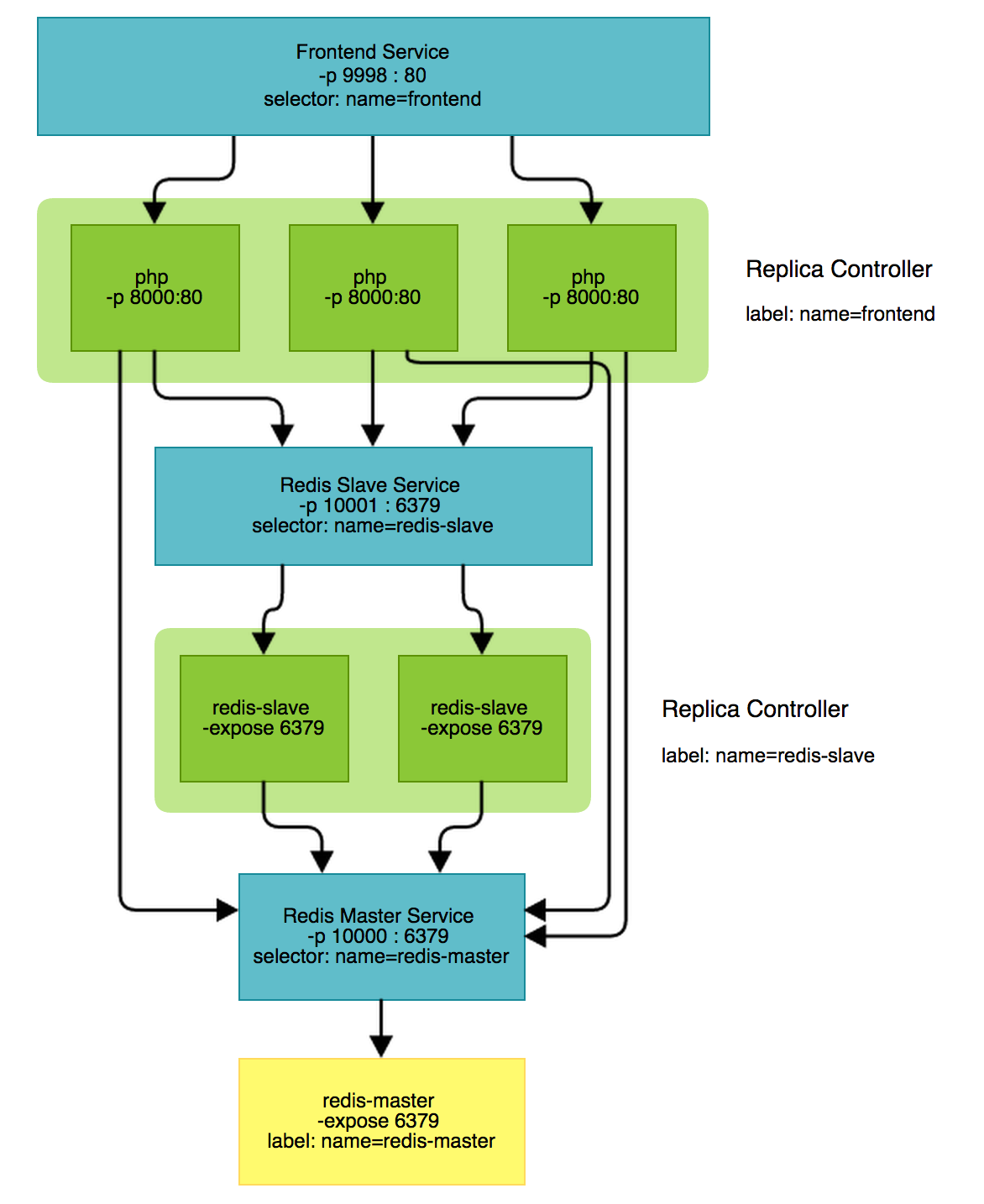
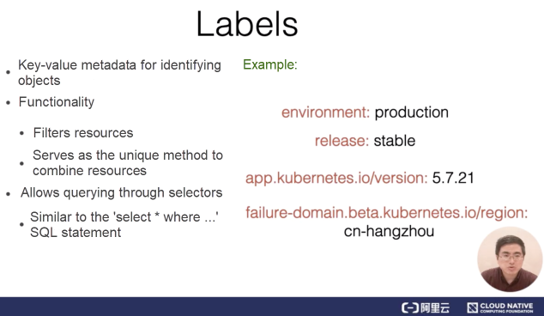

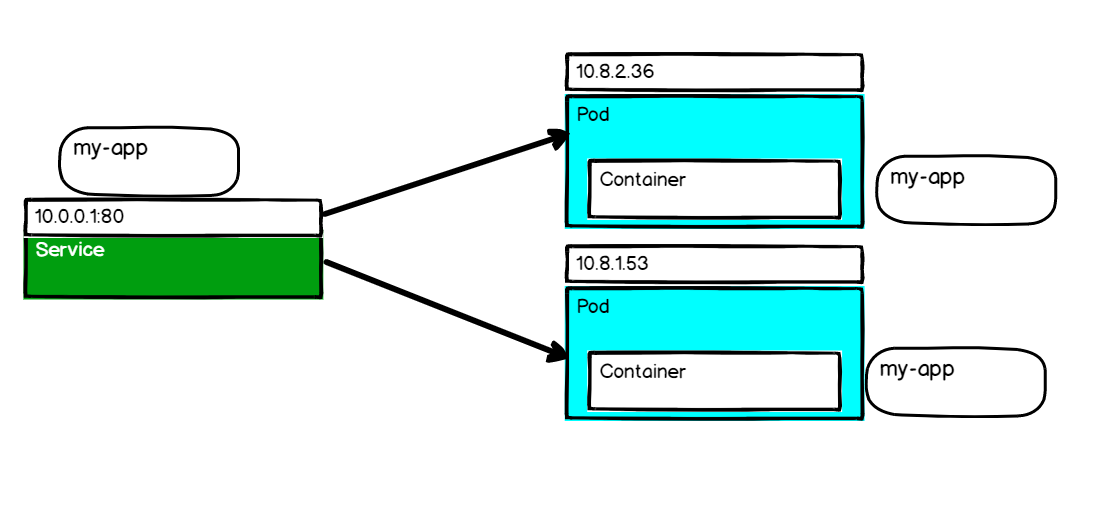

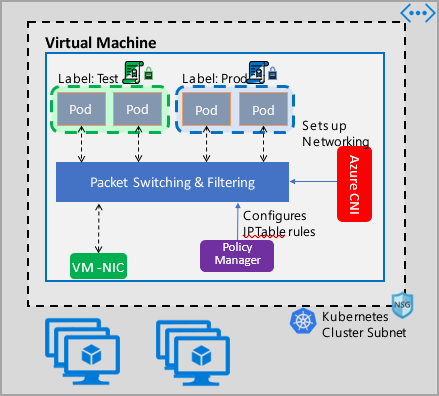
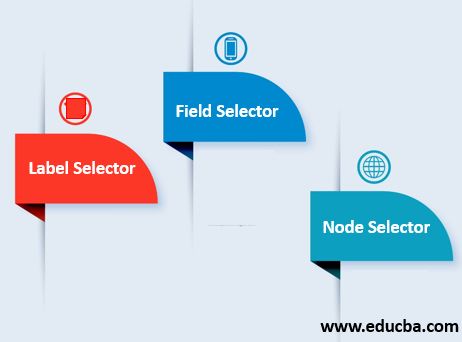
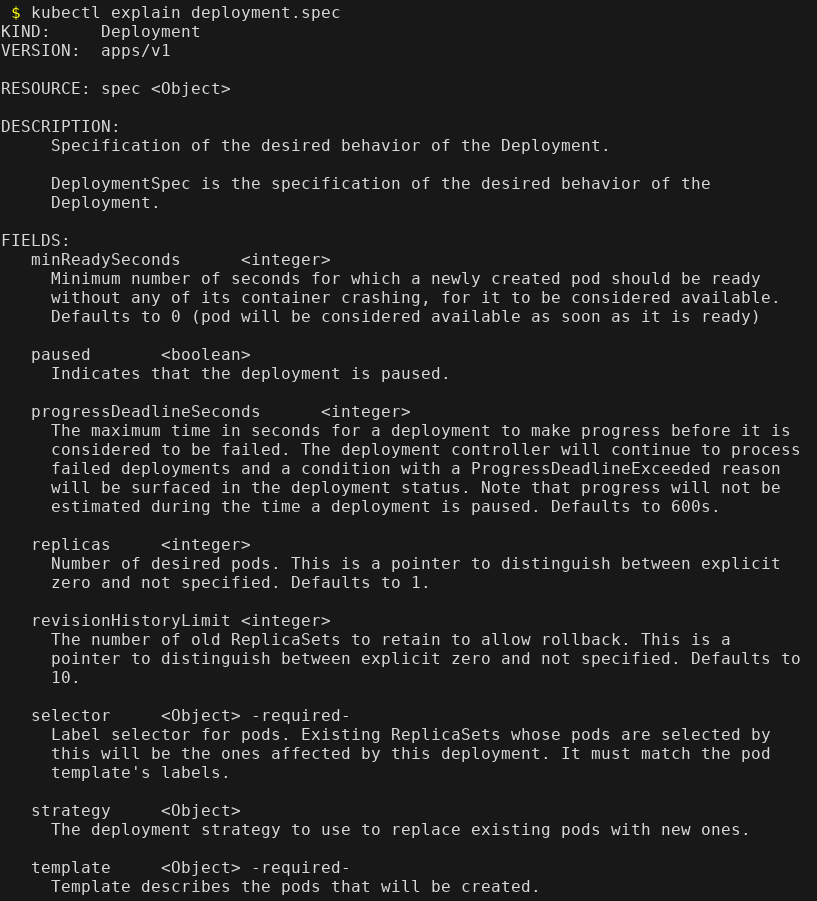

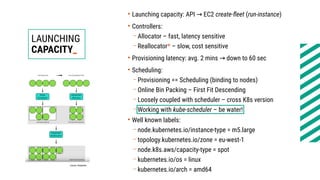


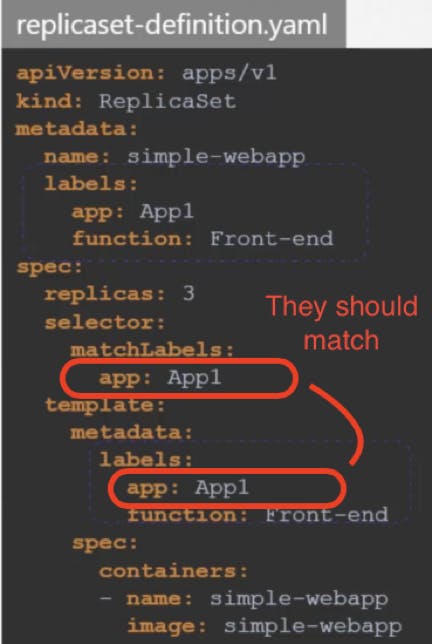
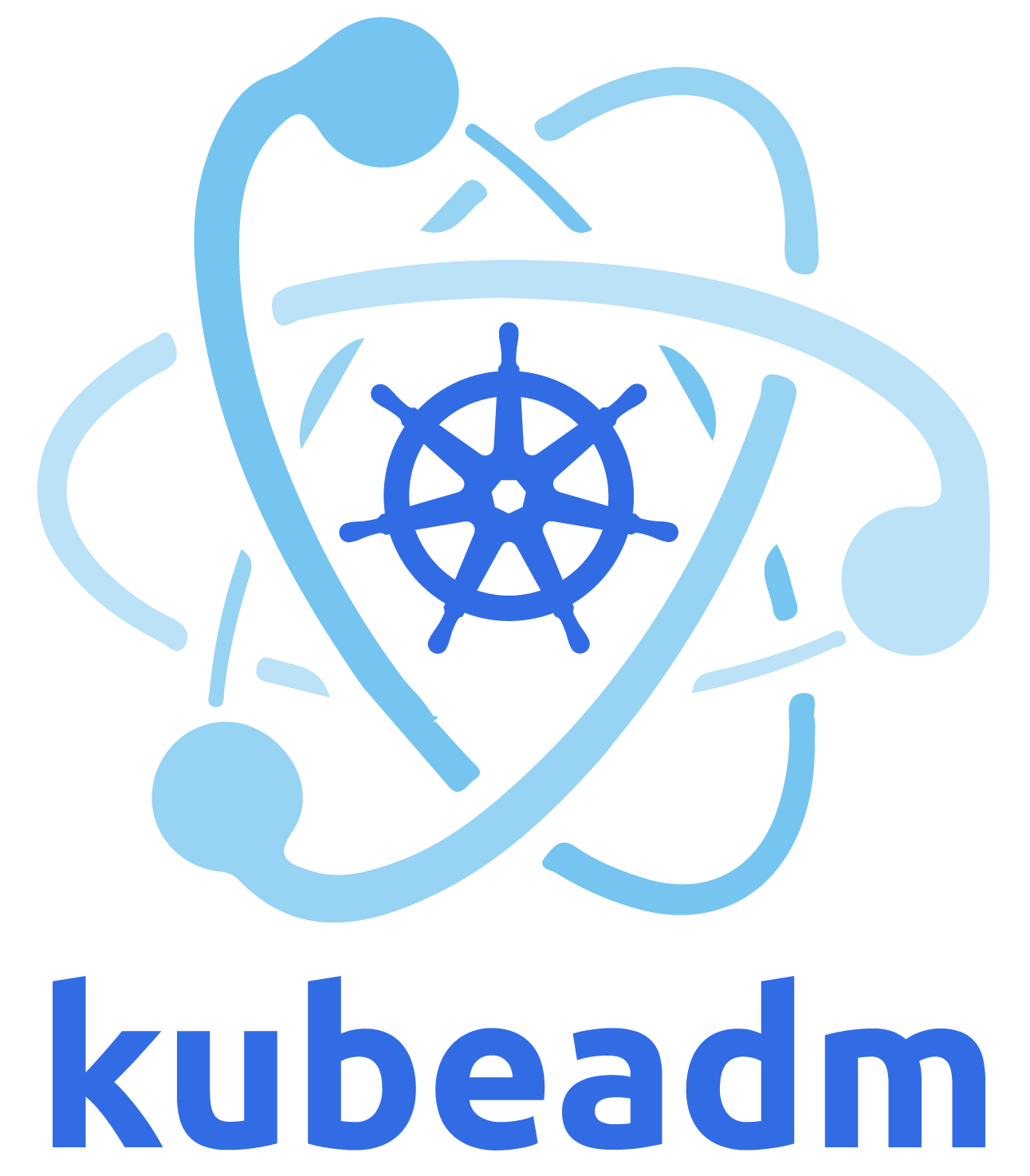

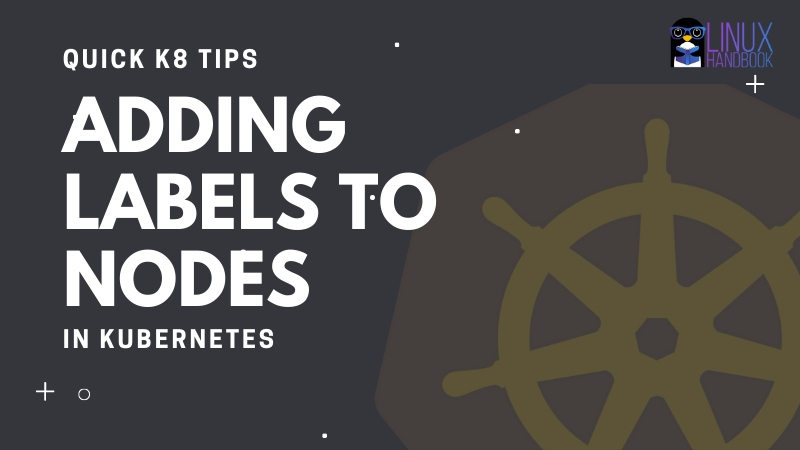
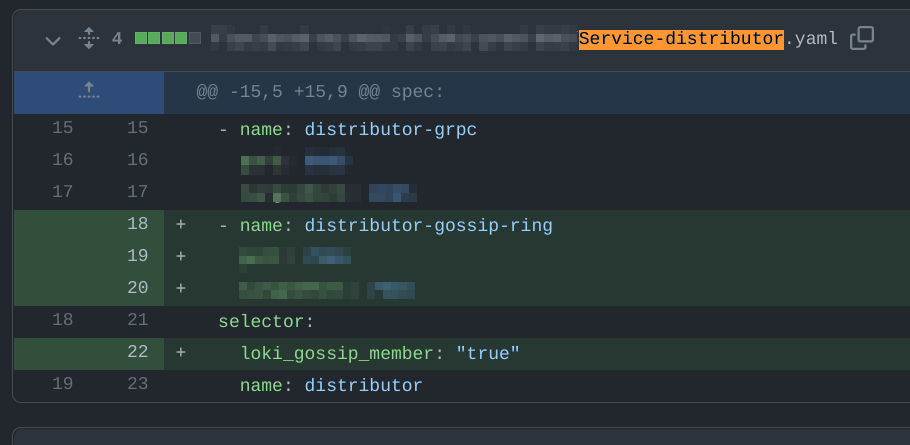

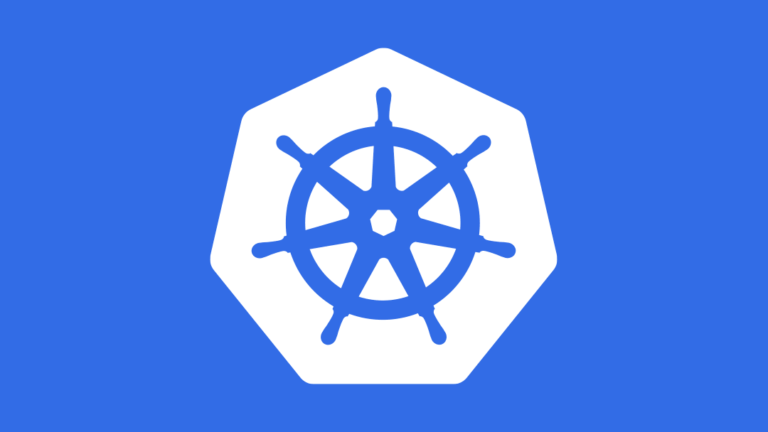



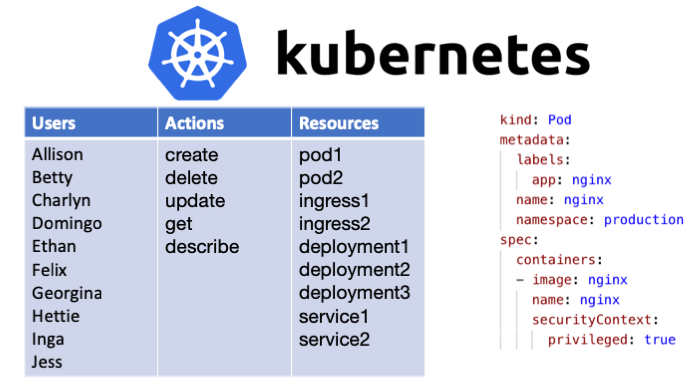
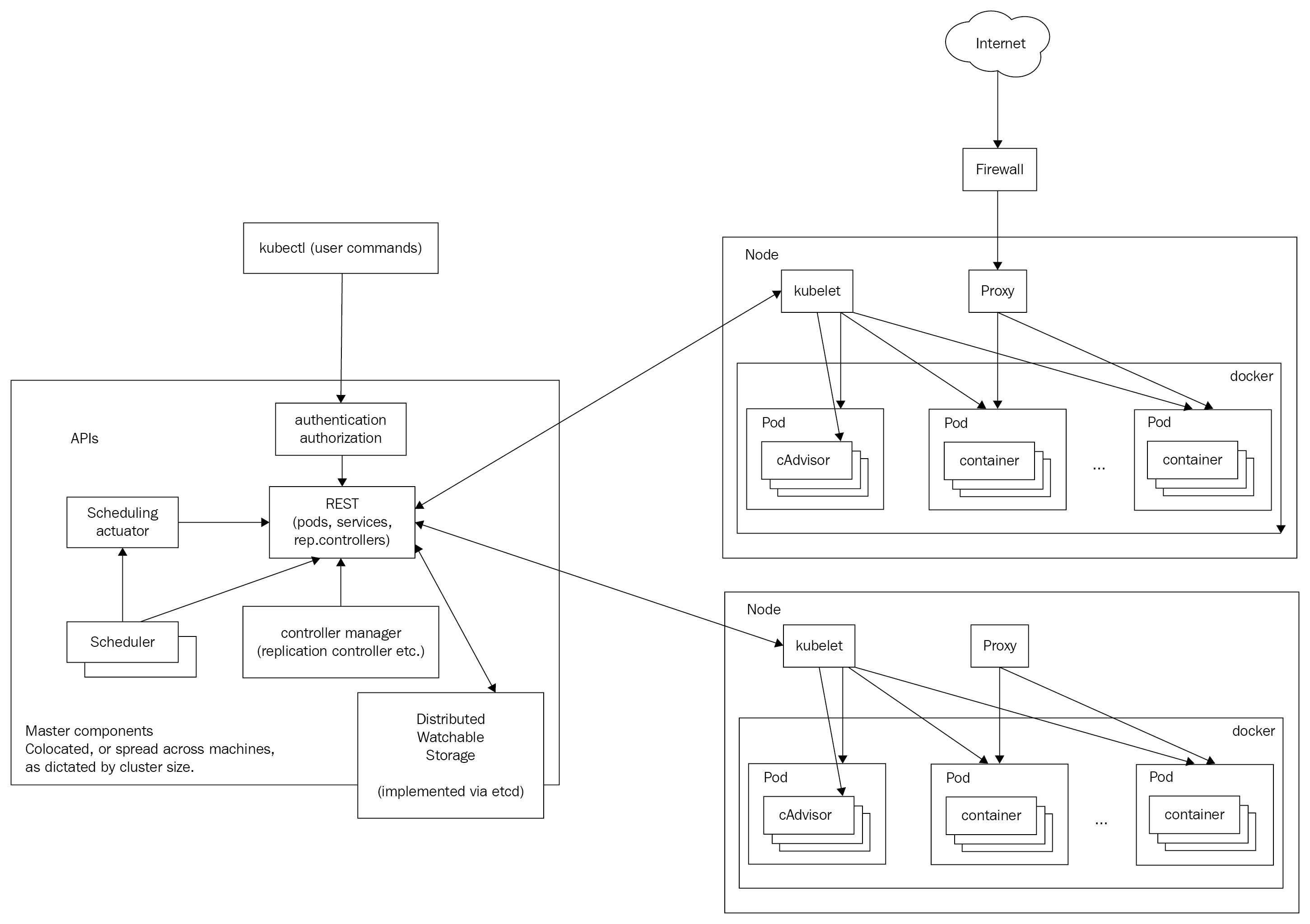




Post a Comment for "45 kubernetes well known labels"